Long before the Truth and Reconciliation Commission (TRC) or any formal inquiry, Indian Residential School (IRS) Survivors carried the truth Canada long resisted: that the IRS system was a state-perpetrated crime against Indigenous children.
Despite the work of the TRC, national apologies, and commissions of inquiry, Canada’s domestic laws have not been reformed to address crimes against humanity or recognize the full scope of genocide. Nor have they acknowledged the extent to which state and church institutions normalized the human rights violations faced by Indigenous children at Indian Residential Schools.
The Survivors’ Secretariat believes that when Indigenous-led investigations are complemented by independent international human rights inquiries, such as those led by the United Nations Working Group on Enforced and Involuntary Disappearances (WGEID) and the Permanent Peoples’ Tribunal (PPT). These international human rights mechanisms provide the impartial oversight needed to ensure truth and accountability are pursued beyond Canada’s political self-interest.
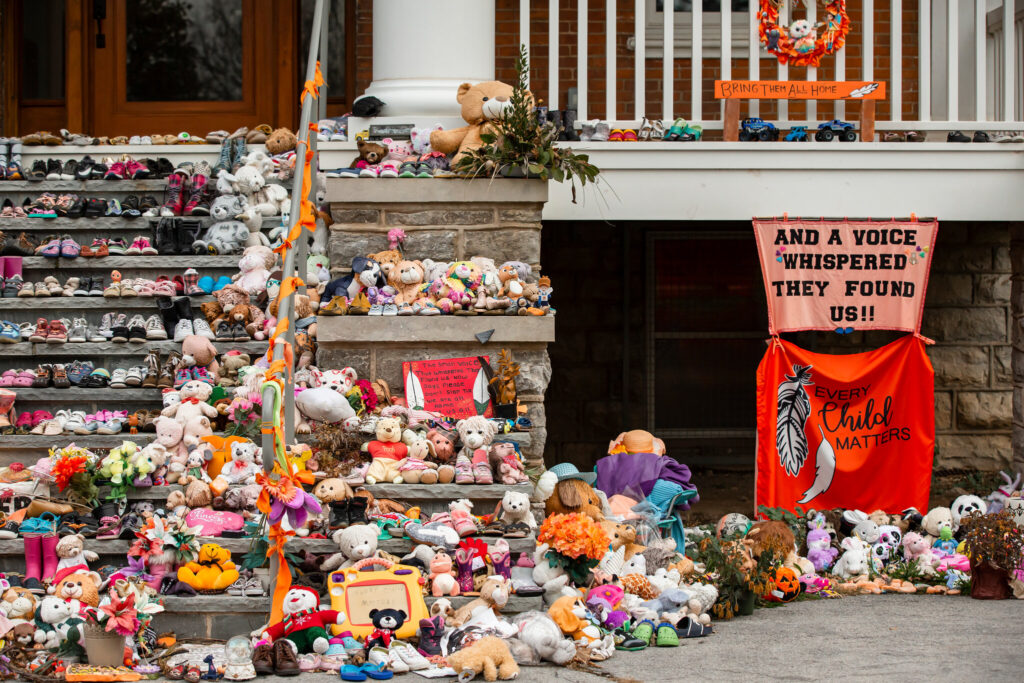
When a state investigates its own actions, transparency is often limited, and families are left with unanswered questions. International mechanisms bring impartial scrutiny, global attention, and the pressure needed to secure meaningful change. Without this level of oversight, Canada’s efforts will continue to fall short, and the troublesome nature of denialism will continue to grow.
While Canada has taken some steps to support Survivors, such as funding searches for unmarked burial investigations and creating the Office of the Special Interlocutor, progress remains fragmented. The Canadian federal government has still not responded to the Special Interlocutor’s Final Report, Survivors’ organizations continue to face funding cuts and restrictive conditions, and more than 27 million Indian Residential School documents remain withheld. These piecemeal efforts leave critical gaps in fully investigating the missing and disappeared children and unmarked burials associated with Indian Residential Schools.
This blog shares insights from the 2025 Nishnawbe Aski Nation (NAN) National Site Search Forum, exploring what international oversight looks like, why it matters, and the potential roles of the WGEID and PPT in Canada.
Government Apologies: Why Words Are Not Enough
Former Independent Special Interlocutor Kimberly Murray noted that government apologies to date have fallen short of true accountability. Rather than fully accepting responsibility for the “enforced disappearances” of Indigenous children, these apologies have often deflected blame from both the government and the churches involved.
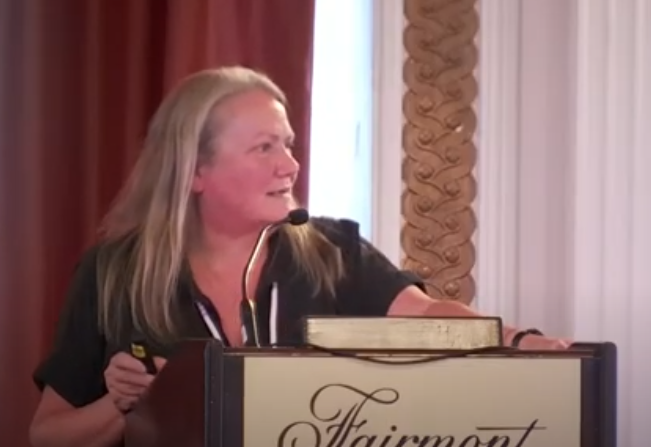
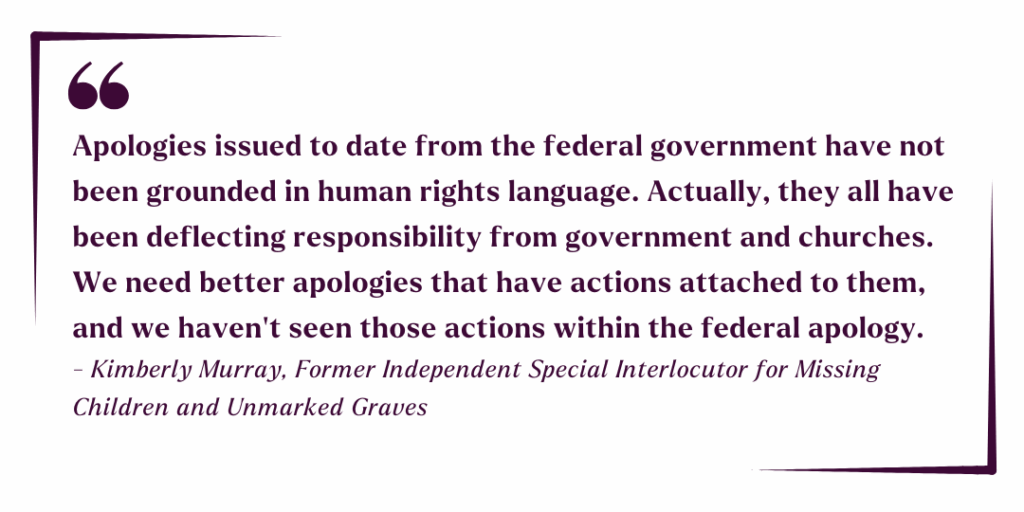
According to the former Independent Special Interlocutor, meaningful apologies must:
- Clearly name the violation, such as ‘enforced disappearances’ or crimes against humanity
- Identify all the responsible parties, including government institutions and churches
- Include tangible follow-up actions, such as thorough investigations, reparations, mental health support, and systemic policy/law reforms.
Without these elements, apologies remain symbolic rather than meaningful. Domestic measures alone, including apologies, cannot fully ensure transparency, justice, or adherence to human-rights obligations.
During her presentation, the former Independent Special Interlocutor highlighted the international law implications of these disappearances. She noted that Canada has refused to ratify the UN Convention for the Protection of All Persons from Enforced Disappearance, despite the Senate calling for it, and recommended the government do so. She also highlighted Senator Brian Francis’s request for a study on crimes against humanity against Indigenous peoples, which could guide the UN Working Group and support transparency, accountability, and international engagement.
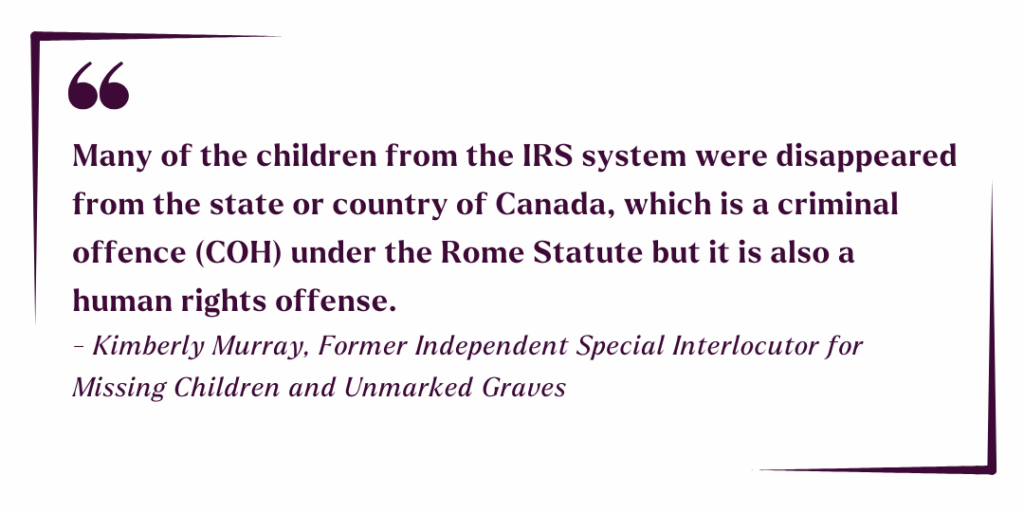
or over a century, Indigenous communities have faced systemic violence, discrimination, displacement, and cultural erasure by the Canadian government. The forced removal of Indigenous children from their families, combined with incomplete or stalled investigations, withheld records, limited accountability, and restricted funding, has perpetuated harm despite the partial implementation of the Truth and Reconciliation Commission’s 2015 Calls to Action.
Without independent oversight, these crimes remain in legal and historical limbo, leaving families and communities without answers or justice. International human rights mechanisms are essential to illuminate these disappearances, hold those responsible accountable, and ensure that the full truth of these violations is recognized and addressed.
Understanding the UN Working Group on Enforced or Involuntary Disappearances (WGEID):
The WGEID (Working Group on Enforced or Involuntary Disappearances) is a United Nations body established in 1980 in response to global concern over enforced disappearances. Composed of five independent experts serving in their personal capacity, the WGEID acts as a humanitarian bridge between families, communities, and governments, helping determine the fate of disappeared persons.
It receives and investigates cases submitted by families or advocates and can make formal requests to governments to search for missing or disappeared persons and disclose information. The body conducts up to two country visits per year, meeting with governments, civil society, and families. To date, the WGEID has never come to Canada.
The WGEID Invitation to Investigate IRS
The WGEID expressed interest in visiting Canada in February 2024. Canada accepted this invitation October 24, 2024, just days before the release of the Final OSI Report, Upholding Sacred Obligations, Volume 1, Chapter 2 . The visit was intended to:
- Bring global recognition to these ongoing injustices
- Support families in uncovering the truth about their loved ones
- Press the Canadian federal government for accountability
The WGEID proposed a visit window between June 2025 and June 2026. However, the visit was postponed due to a financial crisis at the UN, which limited the number of country visits. This delay highlights a gap in international oversight and underscores the continued reliance on federal and provincial governments to fund and support Survivor-led investigations. Read more about the postponed visit in CBC’s report.
Although the UN Working Group’s visit has been postponed, the opportunity for international oversight remains open. Survivors and their communities can write to the WGEID to request visits, ensuring that the search for truth and accountability continues. The Survivors’ Secretariat is currently drafting correspondence to the WGEID to be sent in fall 2025.
The Role of the Permanent Peoples’ Tribunal (PPT)
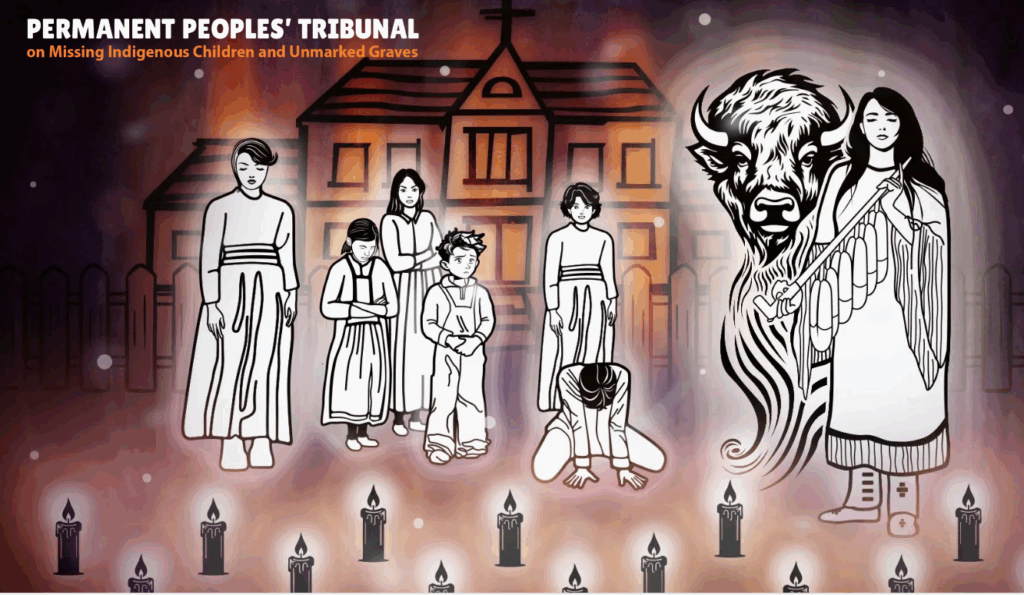
The Permanent Peoples’ Tribunal (PPT) will hold an upcoming session in Montreal in 2026 to examine missing Indigenous children and unmarked graves in Canada. Since domestic and international mechanisms are limited, Indigenous-led organizations are turning to the PPT for accountability. Established in 1979 following the UN Declaration on the Rights of Peoples, the tribunal is composed of international human rights experts who hold hearings to investigate serious crimes committed against peoples and minorities.
The PPT:
- Provides a platform for Survivors to share testimonies
- Documents crimes and creates an international record
- Amplifies Indigenous voices and pressures governments and institutions to respond
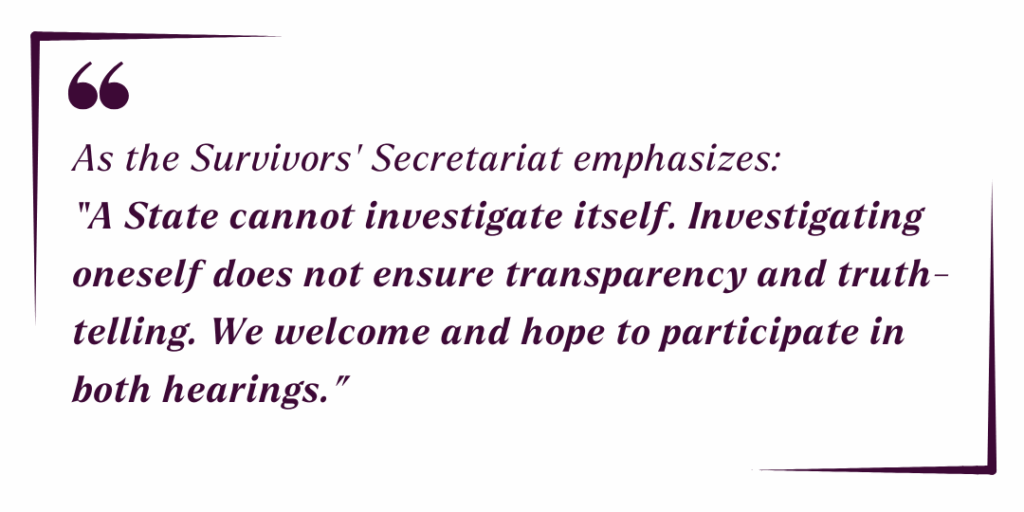
This upcoming session offers an important avenue for international oversight and accountability, ensuring the search for truth transcends national boundaries and brings global attention to the consequences of colonial policies and ongoing human rights violations. More information about the tribunal is available here. The Survivors’ Secretariat is currently drafting correspondence to the PPT to be sent in fall 2025.
Advocating for Indian Residential School Survivors
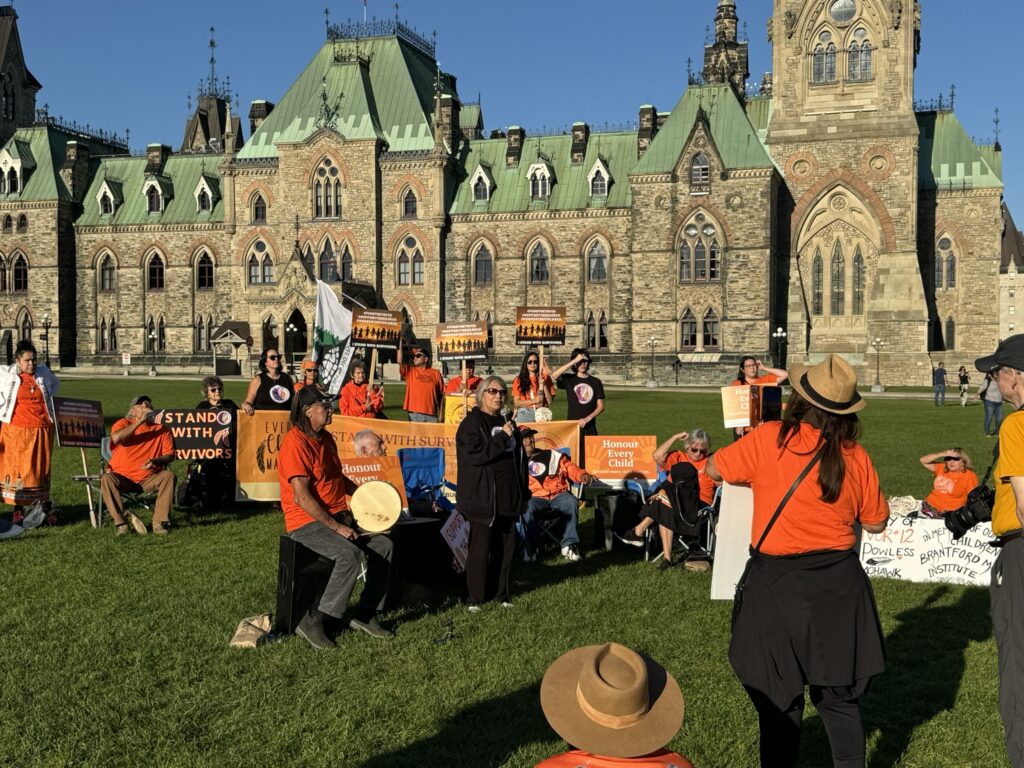
Survivors have long emphasized that reconciliation must be action-driven. These words were echoed throughout the NAN Gathering, as words without adequate resources, full disclosure of records, and accountability leave historic and ongoing injustices unresolved. IRS Survivors know that continued support for Survivor-led investigations requires federal and provincial financial commitments and international visibility to ensure transparency, accountability, and justice.
The strength and commitment of Survivors and the persistence of communities continue to shine a light on these injustices, raising critical questions: How can reconciliation continue effectively without independent international oversight? How can Canada maintain credibility with the global community and Indigenous populations when federal commitment to investigations falls short?
The Survivors’ Secretariat remains steadfast in Standing with Survivors while advancing truth, healing, and community-led action, despite funding challenges and delays in international oversight. The Survivors’ Secretariat is grateful for the persistence and determination of Survivors and communities working to Bring the Children Home.